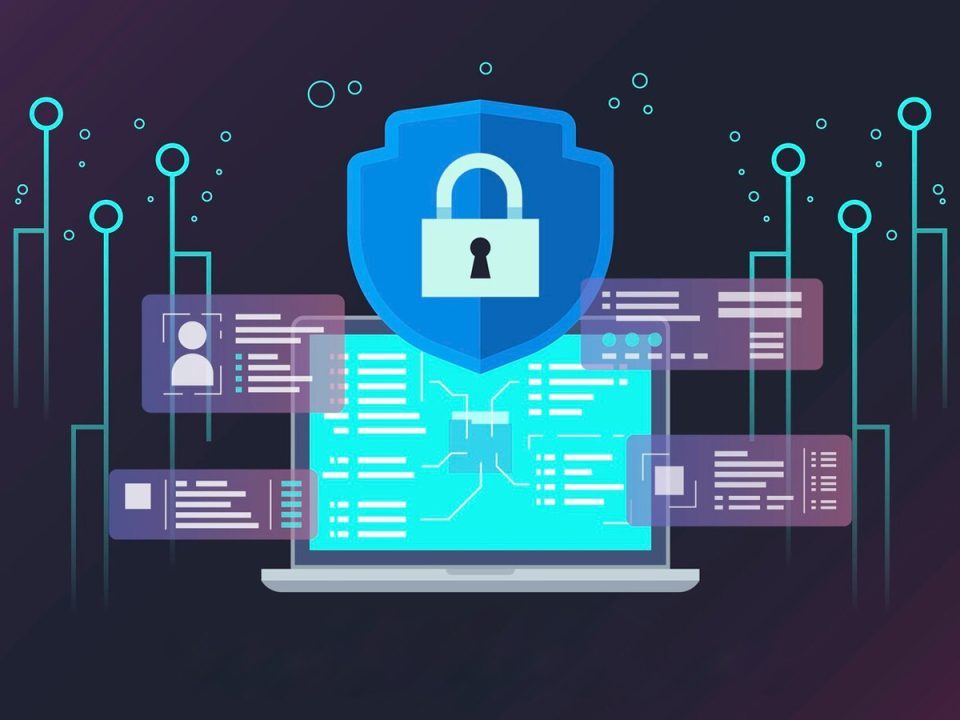Cybersecurity has emerged as a critical concern today. Ensuring the security of digital financial services is paramount to maintaining customer trust and safeguarding sensitive data. Recently authID and FinClusive joined forces to integrate next-gen biometric and financial crimes compliance solutions, significantly boosting identity management’s security. This partnership enhances identity verification, ensuring compliance with regulatory standards and bolstering user security. By utilizing advanced biometrics, the solution effectively prevents fraud and fortifies financial integrity, addressing critical cybersecurity concerns
The Importance of Cybersecurity in FinTech
FinTech companies handle vast amounts of sensitive information, including personal identification details, financial transactions, and payment data. This makes them prime targets for cybercriminals. A single breach can lead to significant financial losses, reputational damage, and regulatory penalties. Therefore, robust cybersecurity measures are essential to protect digital financial services from potential threats.
Key Cybersecurity Challenges
- Data Breaches: FinTech companies are often targeted for data breaches due to the high value of the information they possess. Protecting against unauthorized access to sensitive data is a top priority.
- Phishing Attacks: Cybercriminals frequently use phishing attacks to trick employees and customers into divulging confidential information. Implementing comprehensive training programs can help mitigate this risk.
- Ransomware: Ransomware attacks, where hackers encrypt data and demand payment for its release, are increasingly common. FinTech firms must have robust backup and recovery strategies to counter these attacks.
- API Vulnerabilities: Many FinTech applications rely on APIs (Application Programming Interfaces) to communicate with other systems. Ensuring these APIs are secure is crucial to prevent unauthorized access and data leaks.
Read More : GlobalFintechSeries Interview with John Sun, CEO at Spring Labs
Strategies for Enhancing Cybersecurity
- Encryption: Implementing strong encryption protocols for data at rest and in transit ensures that even if data is intercepted, it remains unreadable to unauthorized parties.
- Multi-Factor Authentication (MFA): Requiring multiple forms of verification significantly enhances security by making it more difficult for cybercriminals to gain access to accounts.
- Regular Security Audits: Frequent security audits are essential for uncovering and resolving vulnerabilities before they can be exploited.
- Employee Training: Educating employees about cybersecurity best practices, such as recognizing phishing attempts and using strong passwords, is essential for reducing human error.
- Advanced Threat Detection: Leveraging AI and machine learning to detect and respond to threats in real time can significantly reduce the impact of cyberattacks.
Regulatory Compliance
FinTech companies must also navigate a complex regulatory landscape. Laws like Europe’s General Data Protection Regulation (GDPR) and the California Consumer Privacy Act (CCPA) in the U.S. require strict data protection protocols. Compliance with these regulations not only helps protect customer data but also enhances the company’s reputation as a trustworthy provider of financial services.
As FinTech continues to revolutionize the financial services industry, the importance of cybersecurity cannot be overstated. By implementing robust security measures and staying abreast of evolving threats, FinTech companies can protect their digital financial services, safeguard customer data, and maintain trust in an increasingly digital world. Ensuring cybersecurity is a continuous process that requires vigilance, adaptability, and a proactive approach to emerging challenges.
Read More : Future-proofing payments in the contactless era with SoftPoS
[To share your insights with us, please write to psen@itechseries.com ]
